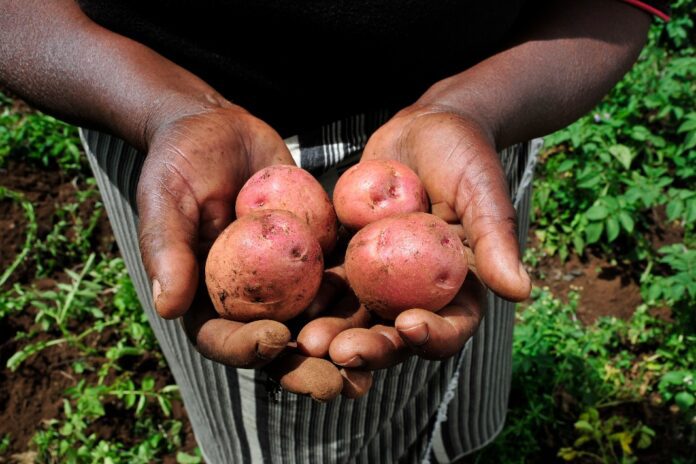The agricultural sector is the backbone of Kenya’s economy and contributes to approximately 20 percent of the Gross Domestic Product (GDP). According to the Agricultural Sector Survey of January 2024 released by the Central Bank of Kenya, this sector alone employs over 40 percent of the total population and 70 percent of the rural population, among them smallholder farmers who are also part of cooperative societies.
With rising investments in value addition by local and incoming multinational firms, the sector is poised to play a key role in creating quality jobs within their manufacturing units, transport, laboratories, sales and marketing subsectors. The sector’s importance is further emboldened by rising population growth that is further driving the demand for food across the world.
While the investments and population growth portend new opportunities, climate change and high input costs slam hopes for major windfalls as farmers lack a fallback mechanism to recoup their investment, incase of crop failure.
To enhance food production, farmers, supported by the government and their cooperatives have resorted to the adoption of new technologies poised to enhance production as well as diversifying their activities to mitigate uneventful failure of their varied crops.
Effect of rural-urban migration on Kenya’s agricultural sector
While Kenyan farmers celebrate major successes largely driven by cooperative societies, unmitigated crop failure and livestock deaths have left many of them poorer with no money to reinvest in their agri-enterprises.
Such risks call for new solutions that embrace new technologies for analysing the weather to predict weather patterns. These technologies are being used by insurance providers to offer crop index-based insurance products to farmers in select regions to promote crop farming while in the largely semi-arid North, livestock index-based insurance is on offer to pastoralist communities.
A study released by the Food and Agriculture Organisation of the United Nations indicates that over the last 30 years, an estimated KES 490 trillion( USD 3.8 trillion) worth of crops and livestock production has been lost due to disaster events, corresponding to an average loss of KES 15.9 trillion(USD 123 billion) per year.
This calls for farmers to come up with new innovative ways and adapt to the current changes in the world brought by global warming and climate change, by considering the best and most affordable insurance policies that protect them from unforeseen and unpredicted circumstances.
Ease of Doing Business
According to insurance research body KFF, insurance is valuable even when it doesn’t pay out immediately. Being insured makes it easier for farmers to take out loans and buy improved inputs, diversify their activities and increase returns from their activities.
In addition, it also facilitates business with other value chain actors, including off-takers who are focused on enhancing business collaborations within the sector. When a loss or damage does occur, insurance payouts can be used to buy food, pay bills, make repairs, and reinvest for faster recovery after the loss and ensure farmers avoid the stress that drives them into misery.
Further, farmers are compensated for the loss of damaged crops and livestock. This helps maintain their income and always supports their financial well-being and seasons. Affected farmers, whether in cooperative societies or not, must take full advantage of insurance to ensure their farming activities remain uninterrupted.
An example is the Livestock Insurance product by CIC Insurance Company, which compensates for the death of insured livestock due to perils such as uncontrollable diseases, pests, epidemics, calving, accidents, emergency slaughter on medical grounds, fire, and related risks. For crop farmers, the company also has a policy that covers crops against a combination of perils namely drought, excess rains, flooding, hail damage, frost damage, uncontrollable pests and diseases, fire, and related perils. This policy ensures that farmers can look into the future with confidence and conduct business more securely, without fear of calamities.
Cooperative societies must educate farmers on the need to insure their activities as part of their production. Societies must recommend the best policies and inform farmers so they are not left behind, suffer unforeseen circumstances, and contribute to food security in Kenya and across the continent.










